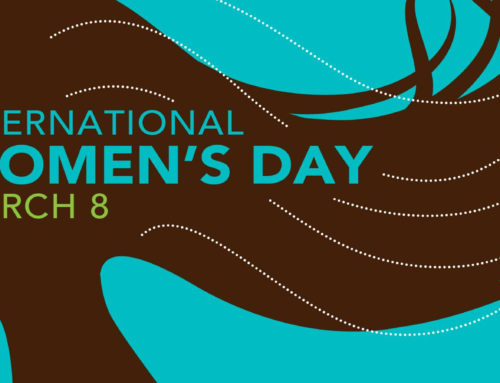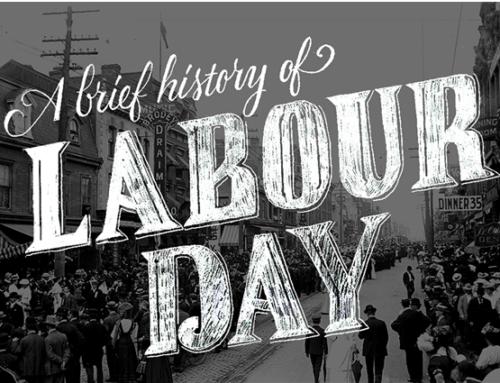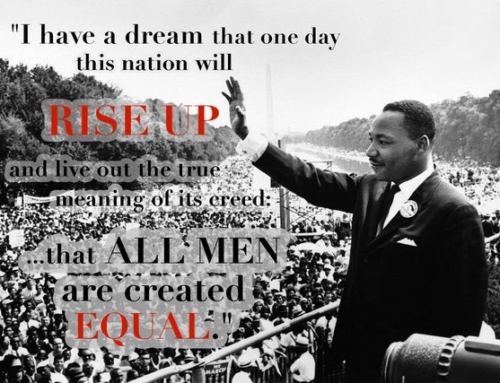A friend of a friend recently reported that at the end of her first day on the job, she was told to calculate how much she earned for the day, and then give 30% of her earnings back to the company. Shocked, she turned to her co-worker, Emily, who shrugged then said, “All the women have to do it. Sorry if you didn’t know.”
“Wait! What company would do that!?” you ask. Actually, lots of companies—just not so brazenly. Well, while the aforesaid story is fabricated, it isn’t far off of what is happening in the workforce today. Sadly, it was reported that “the global pay gap was about $4000 on average between men and women, and the Canadian pay gap was just over $8000” (http://bit.ly/1Oe1ugy).
So, let us ask you this: Would you feel content working alongside someone who does an equivalent job but who is making $8000/annum more than you? Maybe you would; maybe you wouldn’t. This question seems comical to some individuals, because how would you feel in this situation? How would you feel toward your employer? How would you feel toward your co-worker? Many would argue that this is considered gender inequality and gender inequality is wrong.
Martin Luther King Jr. once said, “If a man is called to be a street sweeper, he should sweep streets even as a Michelangelo painted, or Beethoven composed music or Shakespeare wrote poetry. He should sweep streets so well that all the hosts of heaven and earth will pause to say, ‘Here lived a great street sweeper who did his job well.’” While this quote has many interpretations, let us assume he meant that you ought to follow your calling, whatever that calling may be, and to always do your best. If an individual is passionate, capable, qualified, and skilled at performing tasks that fit within the description of a particular job, then would it not be economically advantageous to place people where they fit?
While many businesses are making great strides to reach gender parity, what if the main hurdle is our own mental limitations? Remember Rosa Parks? Nothing changed until she made a conscious decision to not allow herself to be oppressed any longer. Thereafter, Rosa Parks’ decision and bravery changed the world for the better and she was indelibly stamped on the pages of history as someone remarkable. If we collectively enhanced the belief in ourselves and our abilities, we may not settle so quickly. If we refused to settle for less than what we believe we are worth or what we are meant to do, then together we can expedite reaching our goal of gender parity. Together, we must believe, be courageous, and be heard.
In our pledge for parity, we not only want to empower women to build confidence, have a voice, and negotiate for more equitable salary in the workforce, but we also want to encourage men to pursue careers that are in alignment with their interests, skills, and values, and if that means pursuing a nursing job, becoming a poet, or being a stay-at-home dad, then all the power to them. How stifling and deflating it is to be stymied on your journey to greatness. So, this March we challenge you to have a voice and help us spread awareness of gender equality. We are intelligent, evolved, emotional beings who know right from wrong. And, if gender inequality is wrong, then let’s band together to make it right.
International Women’s Day is celebrated globally on March 8th each year to celebrate the economic, political, and social accomplishments of women. To conclude, we wanted to celebrate some women both historically and presently who have laid a solid foundation for future generations. Enjoy!
- Emmeline Pankhurst
- Helen Keller
- Rosa Parks
- Harriet Tubman
- Margaret Sanger
- Millicent Fawcett
- Mother Teresa
- Billie Jean King
- Princess Diana
- Benezir Bhutto
- Oprah Winfrey
- Florence Nightingale
- Kathryn Bigelow
- Amelia Earhart
- George Sand
- Margaret Thatcher
- Queen Elizabeth II
- Indira Gandhi
- Katharine Hepburn
- Wangari Maathai



















